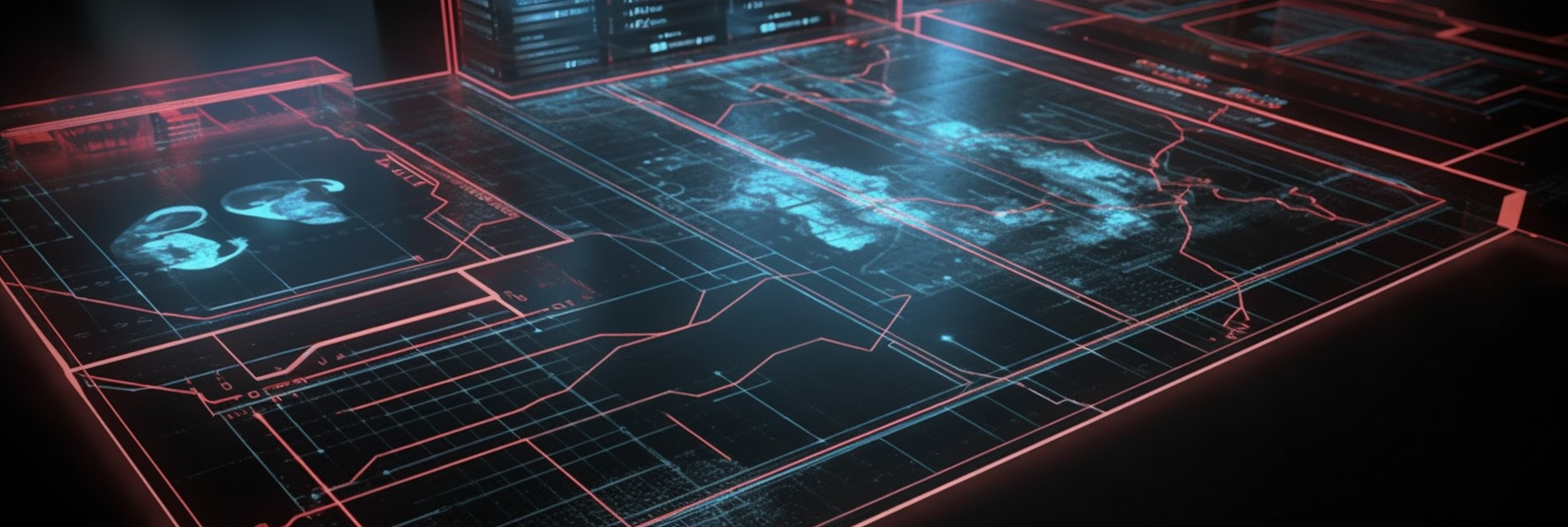
AI for forensic trace detection and classification
Boosting Mask R-CNN Performance for long, thin Forensic Traces with Pre-Segmentation and IoU Region Merging Abstract Mask R-CNN has recently achieved great success in the field of instance segmentation. However, weaknesses of the algorithm have been repeatedly pointed out as well, especially in the segmentation of long, sparse objects whose orientation is not exclusively horizontal or vertical. We present here an approach that significantly improves the performance of the algorithm by first pre-segmenting the images with a PSPNet algorithm. To further improve its prediction, we have developed our own cost functions and heuristics in the form of training strategies, which can prevent so-called (early) overfitting and achieve a more targeted convergence. Furthermore, due to the high variance of the images, especially for PSPNet, we aimed to develop strategies for a high robustness and generalization, which are also presented here. Link to article















